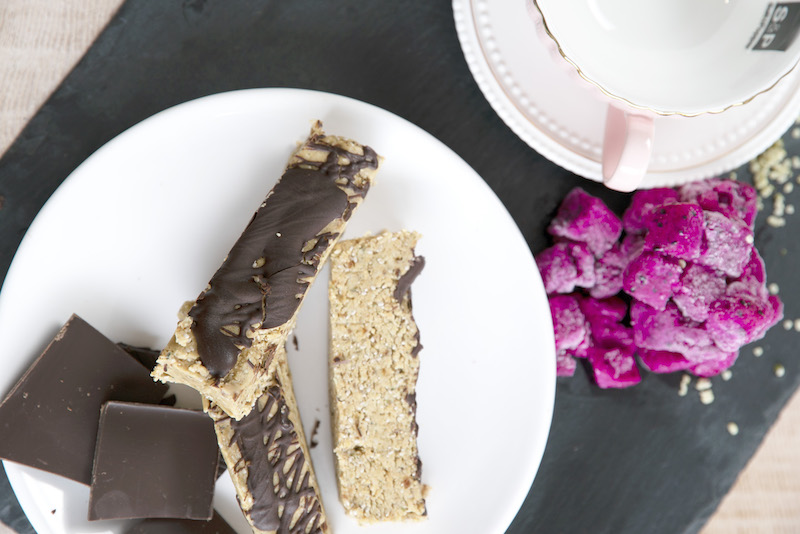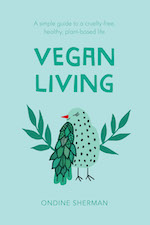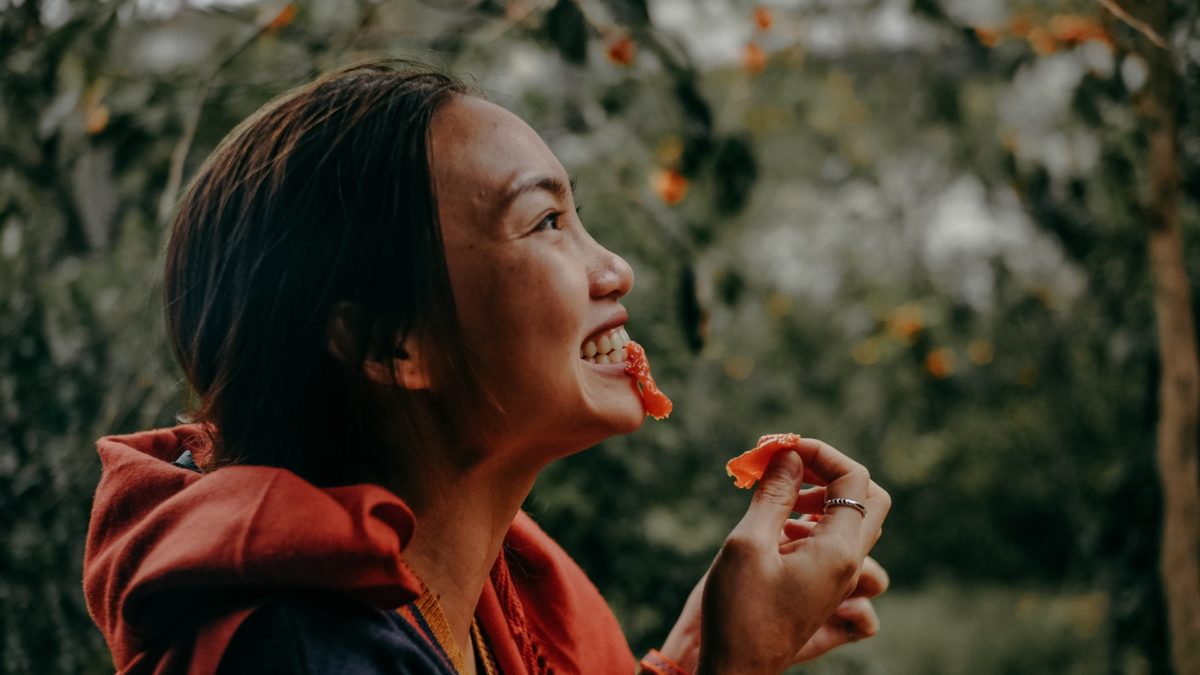You can go vegan no matter how old (or young) you are. However, depending on what stage of life you’re at, there are certain things to look out for when on a plant-based diet.
If you have questions or concerns about your health or the health of your family, it’s a good idea to see a doctor or health professional who has experience with vegan diets. Here are some tips to get you started.
Tips for going vegan for growing bodies
Calcium
This strengthens bones and is important during adolescence when our bodies are growing. We reach our maximum bone density during teenagehood and then it gets less and less as we get older. Our calcium requirements depend on our age:
- 4- to 8-year-olds: 700 mg/day
- 9- to 11-year-olds: 1000 mg/day
- 12- to 18-year-olds: 1300 mg/day
B12
When you’re young and growing, your developing brain must have its daily B12. Keep your B12 drops or pills near your breakfast spot and be sure you don’t forget to take them!
Omega 3s
These fatty acids are good for mood, brain power, learning and concentration. If you have bumpy dry skin on your upper outer arms or find it hard to focus on schoolwork, a lack of Omega 3 may be the culprit. Linseeds, chia and walnuts are great sources of Omega 3. Note however that not everyone’s body can convert them efficiently. You may want to take an Omega 3 supplement that’s made from a non-toxic algae oil and contains DHA and EPA.
Protein
Young people can increase their protein intake during growth spurts. But generally, protein isn’t a concern for any age in particular and too much can actually strain our kidneys and liver.
Tip for vegan teens
Eat vegetables! Don’t only eat a vegan version of your friends’ junk-food diet, but rather boost your health and energy with veggies, legumes and wholefoods packed with micronutrients. And remember, exercise builds healthy bones too.
Tips for being vegan when pregnant
Eating a healthy diet is more important than ever when growing one or more bubs. A healthy well-balanced vegan diet is considered by medical experts to be safe for pregnancy. However, you may want to consider, with the help of a dietitian, creating a special eating plan so you have the confidence you’re getting everything you and your baby need. This is especially true if you’re suffering from any health complications or a high-risk pregnancy.
In addition to the usual pregnancy advice (such as taking daily folic acid and prenatal supplements), here are a few general points for vegan pregnant women to keep in mind:
A daily B12 supplement is very important as the growing fetus requires freshly absorbed B12. Speak to your health professional about other supplements such as folic acid, iron, iodine, vitamin D and DHA (Omega 3).
You need about twice as much iron as normal because your body uses it to make extra blood. You’ll need about 27 mg per day and can get iron through foods such as lentils, chickpeas, tofu, cashew nuts, chia seeds, kale, quinoa and fortified breakfast cereals. Increasing vitamin C can help your body absorb iron. Look to add food such as broccoli, oranges and kiwifruit. Let your doctor know about your vegan diet so they can monitor your iron and haemoglobin levels.
Calcium helps your bones stay strong and promotes your baby’s bone growth. You need about 1000 mg/day when pregnant. Calcium-fortified foods and drinks, as well as figs and almonds, are all good sources.
Be mindful that you’re getting enough plant-based proteins (like legumes) in your meals or smoothies. Pregnant women need something in the ballpark of 70 grams per day. A protein-packed day’s meal plan could look like this: breakfast of oatmeal with fruit, walnuts and chia seeds. A lunch of lentil soup and a hummus sandwich. A slice of wholewheat bread and nut butter for a snack, and a bowl of rice, almonds and chickpeas for dinner.

Learn how to make these homemade vegan protein bars
Tips for being vegan when breastfeeding
To make great-quality breast milk for a new little sweetie-pie, women should:
- Keep hydrated.
- Eat more calories. You’ll need about 1000 more calories every day in the first six months.
- Keep your protein levels high, just like when you’re pregnant.
- Up your calcium. Breastfeeding mums generally need about 1250 mg/day or 80 per cent more calcium than normal.
- Be sure you have at least 9 mg iron daily.
- You need to keep your daily B12 supplement going—this is important also for the baby’s brain development.
- Continue with your high-quality multivitamin that contains iodine, vitamin D and zinc.
- Don’t forget your Omega 3 supplement made from algae oil with EPA and DHA.
Tips for going vegan during perimenopause
There is a huge amount of debate around the topic of the onset of menopause, aka perimenopause, and what causes or helps women get through the various potential ailments associated with it, such as anxiety, depression, irritability, and poor memory and concentration.
However, there’s no indication a vegan diet has any negative effects. On the contrary, many doctors believe a diet high in animal fats can negatively impact hormones and contribute to perimenopausal problems.
To reduce the impacts of perimenopause, vegans can try eating fewer refined carbs and sugars (skip those doughnuts!), instead adding wholegrains, nuts, seeds, essential fats and fresh fruit and veggies. Adding plant oestrogens (phytoestrogens) like unprocessed soya beans (edamame), miso soup or soya flour is also proven to help with hot flushes. Women going through menopause are also recommended to up their protein. If you’re over 50, rather than 0.8g/kg the number increases to about 1–1.2g/kg of body weight.
Tips for going vegan when you’re post-menopause
Osteoporosis, or a thinning of the bone tissue, can be common in menopausal women. It is caused by numerous factors, including genetics, lifestyle and diet. Research into the optimal amount of calcium is not conclusive, but the recommended amount for adults ranges from 400–800 mg. Our bodies absorb calcium from veggies just as well as from milk—sometimes better! The healthiest sources of vegan calcium are greens and beans like pinto, black-eyed and navy. Green leafy vegetables are also loaded with calcium. Spinach has a lot of calcium, but it’s hard for our bodies to absorb it. A varied diet of beans, lentils, legumes and veggies will give you everything you need.

This is an edited extract from Vegan Living by Ondine Sherman, Pantera Press, $24.99.
How helpful was this article?
Click on a star to rate it!
0 / 5. 0
Be the first to rate this post!
Ondine Sherman
Related posts
Subscribe
Receive personalised articles from experts and wellness inspiration weekly!

